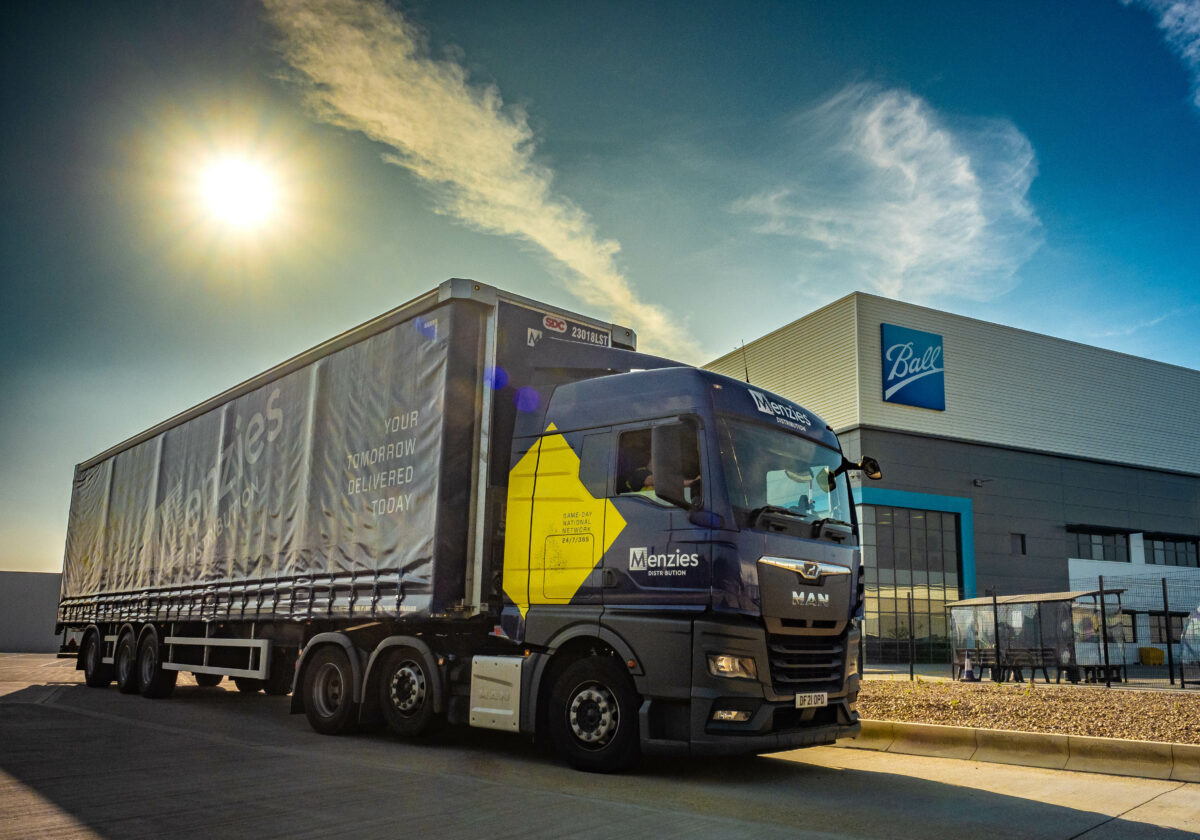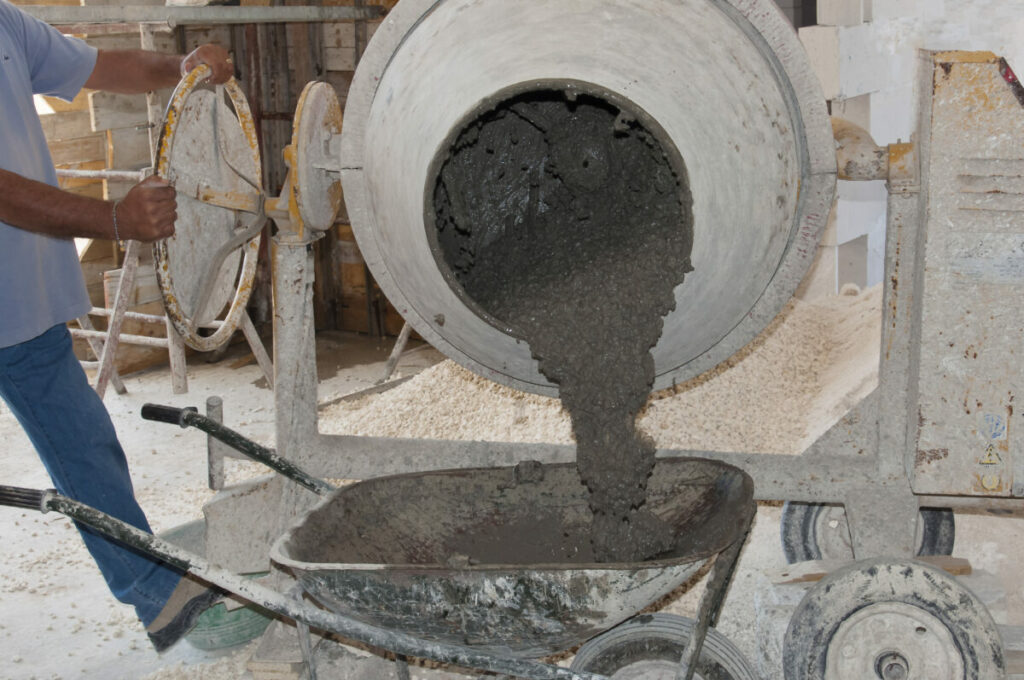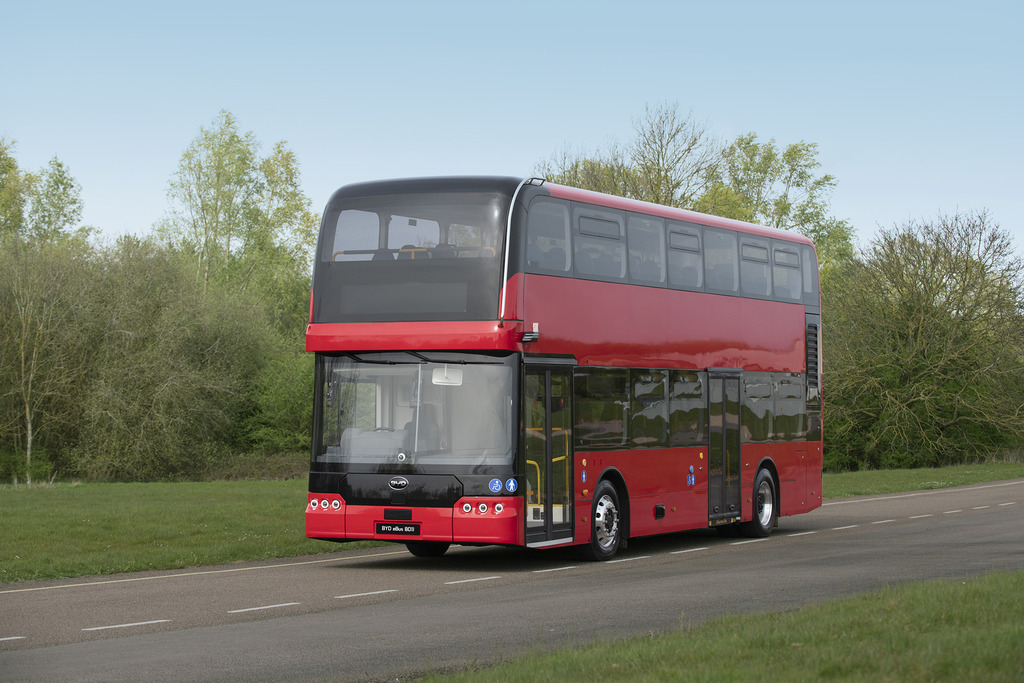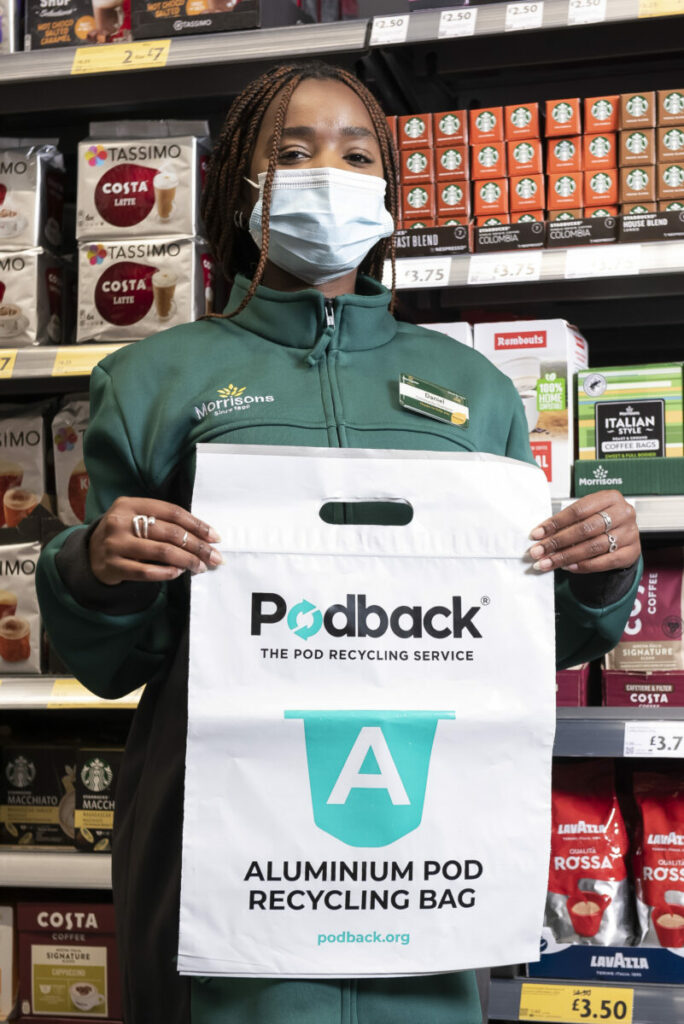Coca-Cola Europacific Partners is trialling hydrotreated vegetable oil (HVO) part fuelled vehicles to save 300 tonnes of CO2e per year.
In partnership with Ball Beverage Packaging, approximately 5000 deliveries will be powered by a blend of HVO and diesel fuel which will supply the Coca-Cola site in Wakefield, West Yorkshire.
“We see it as our responsibility as a leading manufacturer in Great Britain to support collaboration along the supply chain, said Coca-Cola Europacific Partners vice president customer service and supply chain Francisco Javier Sanchez Gandarias.
“We’re aligned with Ball Beverage Packaging’s goals when it comes to reducing emissions from transport, so that, together, we can make a bigger impact when it comes to tackling the climate challenge,” he added.
“We are continuing to encourage all of our third-party partners to transition to lower carbon solutions so we can produce and deliver the drinks people love more sustainably.”
Subscribe to Sustainability Beat for free
Sign up here to get the latest sustainability news sent straight to your inbox everyday
Studies show that if HVO is fully implemented, it has the potential to save up to approximately 90% of the carbon footprint related to supply chain transportation, from production of the can to the final delivery stage to the customer.
HVO can be used as the primary fuel source for the vehicle or used in conjunction with diesel to improve CO2e emissions without requiring any change to the existing engine or additional maintenance of the vehicles.
HVO can be stored alongside diesel in local tanks and the fuel types can be mixed throughout the fleet. This would provide HVO on an equivalence basis and could provide a CO2e reduction through a blend of HVO and diesel.
HVO vehicles are increasingly becoming an important part of the food and beverage industry across Europe. In July 2023, PepsiCo increased the use of HVO across its Walkers crisp supply chain in a move set to save 2,650 tonnes in greenhouse gas emissions each year.















